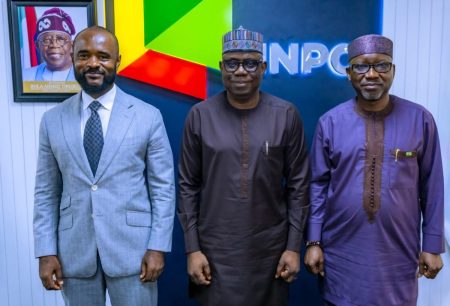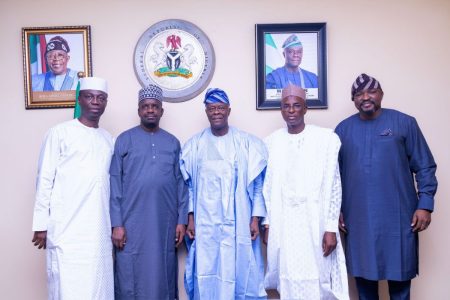
Oscarline Onwuemenyi
25 December 2017, Sweetcrude, Abuja – Members of the Federal House of Representatives have begun working with stakeholders in Power, Construction and Information Communication Technology sectors towards extending the Nigerian Content Act to the three sectors of the economy.
The collaboration was firmed up at the recent workshop organized by the Nigerian Content Development and Monitoring Board (NCDMB) for members of the House of Representatives Committee on Local Content, in Port Harcourt, Rivers State.
The consensus at the event was that extending the Act to those key sectors would replicate the achievements recorded in the oil and gas industry through the implementation of the Nigerian Oil and Gas Industry Content Development (NOGICD) Act.
In his presentation on Operationalizing Local Content in the Construction Sector, Chief Executive Officer, Megastar Construction Company, Arch. Harcourt Adukeh stated that the construction industry could be a key driver of the Federal Government’s economic diversification programme when the prevailing dominance of the industry by international companies is reversed.
Adukeh underscored the need to encourage indigenous participation in the construction sector, adding that the industry was a key enabler of ancillary services like financial services, education, retail, real estate and hospitality.
Speaking on Local Content in the power sector, Commissioner, Engineering, Performance & Monitoring, Nigerian Electricity Regulatory Commission (NERC), Prof. Frank Okafor, stressed that “no country in the world had grown its power network through the importation of all components and devices.”
He canvassed for a legislation that would promote deliberate utilization of local human and material resources, goods and services in the power sector.
Chairman, House of Representatives Committee on Local Content, Rep. Emmanuel Ekon, in his address, highlighted some of the achievements recorded in the oil and gas industry through the implementation of the Nigerian Content Act.
He explained that the planned extension of the Nigerian Content Act to other sectors was in line with the Federal Government’s Executive Order on Patronage of Made in Nigeria Goods.
Ekon assured that members of the committee would work with stakeholders in the various sectors to develop a robust Local Content legislation.
In his presentation, the Executive Secretary, NCDMB, Engr. Simbi Wabote commended the National Assembly for the support they provide to the Nigerian Content implementation process.
He added that the achievements in the oil and gas industry made it imperative that the Nigerian Act should be extended to other key sectors of the economy.
According to him, some of the capacities already developed in-country in the oil and gas sector could easily be deployed in other sectors.
Speaking further, Wabote informed that the Nigerian oil and gas supply chain is now able to retain $5billion from the annual $20billion spend, a marked departure from the past when almost the whole budget ended up in foreign economies.
He added, “today we have two world-class pipe mills and five impressive pipe coating yards. Nigerians control and own 38 percent of marine vessels that are used in the oil and gas industry. Over 30,000 direct jobs have been created on the back of implementing the Act.”
The Executive Secretary added that the Nigerian industry had developed capacity to handle more than 60,000 tonnes of fabrication per year while all cables required in the oil and gas sector are being manufactured in-country.
“We are proud of these achievements but our vision is to achieve 70 percent in-country value retention within the next 10 years and retain $14billion out of the $20billion yearly spend.”



